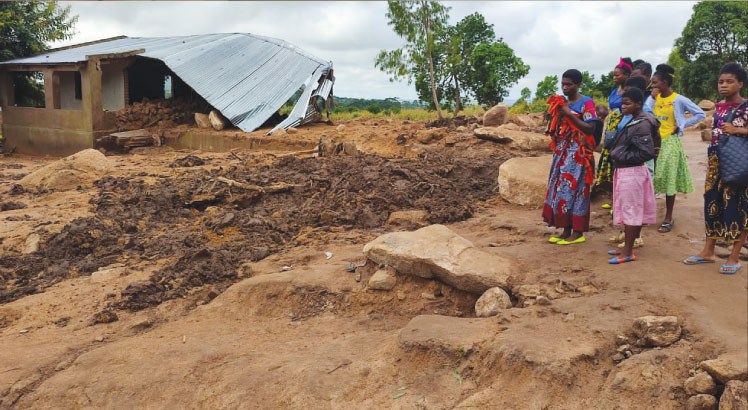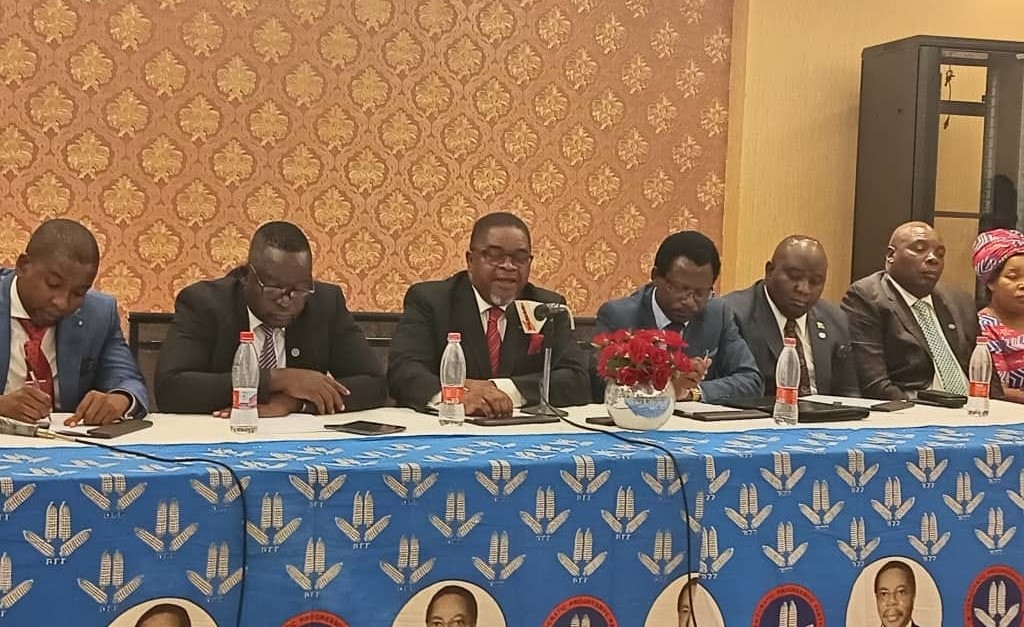Education is best key to MW2063
Folks, someone said education is a powerful social elevator, and investing in higher education fosters social development and provides long-term positive returns.
The Ministry of Education said earlier last year that out of 154 132 students who sat for this year’s Malawi School Certificate of Education (MSCE) examinations, 83 846 passed and 70 286 failed.
Same findings also indicated that Community Day Secondary Schools (CDSS) were the lowest achievers with a failure rate of 60 percent compared to traditional schools’ 18 percent.
However, the CDSSs registered a pass percentage of 45.53 percent compared to the 68.06 percent recorded by conventional secondary schools.
Now, in view of these findings, it is not very surprising that private schools are fast growing across the country with enrollments exceeding those in public schools, which puts many low-income families that cannot afford to pay tuition in private schools in a big fix.
Many students have recently exper i enced difficulties paying tuition and affording university education despite passing MSCE with good grades due to high tuition fees coupled with the ever-soaring cost of living.
To address these problems, the government established the National Council of Higher Education (Nche) to monitor the affairs of such needy learners by offering loans. However, those loans are insufficient to cover the needs of newer candidates, thus many of them fall short of receiving public school sponsorship.
Of course, I say this with full knowledge that there are also private organisations and people who provide scholarships to needy learners.
But national programs such as the Constituency Development Fund, which primarily assist low-income primary or secondary school learners rather than college students, fall well short of filling this gap.
As a result, a lot of bright students or future leaders who, given the right backing, could change this country, are left in the cold. An intellectual property waste in the worst sense.
However, after waiting all these years for the government to educate our children. Is it not appropriate for us Malawians to start accepting the painful reality that it is largely our responsibility as parents and guardians to ensure our children or wards receive the education they need to become productive members of society?
What if our l o c a l communities started funding education for some learners (including the brighter ones) from kindergarten through university? Wouldn’t we also foster a very strong sense of ownership of that educational system knowing that financial pressures that have lately caused Nche recipients to be reduced over the years due to budgetary restrictions?
Communities certainly play a bigger role in the education of our youngsters and i believe they can come in handy as evidence shows that over-dependence on the government and politicians has hardly helped to close the education gap that exists in higher learning because these parties equally have their urgent issues that require financial attention, especially when elections are around the corner.
While the government through Nche and other sponsors are doing their bit, communities can come up with ideas to help fund learners who need help. As a result, Malawi will work together to ensure that as many students as possible are affording university education.
And there have been proposals to set up initiatives like farms in vast tracts of undeveloped land all over the country to help raise money for needy students by cultivating crops or raising cattle, or we may operate community-based enterprises to raise the much needed money for their tuition.
As shown by recent trends in national examinations, it is not even an overstatement that the government is failing to keep up with the rising demand for education.
This, however, presents a prime opportunity for private players to enter the education market with cutting-edge investments that prioritise social value or the welfare of both the present and the future generations for a better Malawi as we edge towards Malawi 2063, the country’s long-term development agenda.
And like one George Washington said, having an education puts us in the best place to have a secured future for ourselves. We can think outside the box to come up with productive ideas which can do us and our future generations good. n
With Chris Nhlane Feedback: 08 82 167 309, WhatsApp and SMS only






Usually I do not read article on blogs however I would like to say that this writeup very compelled me to take a look at and do so Your writing taste has been amazed me Thanks quite nice post